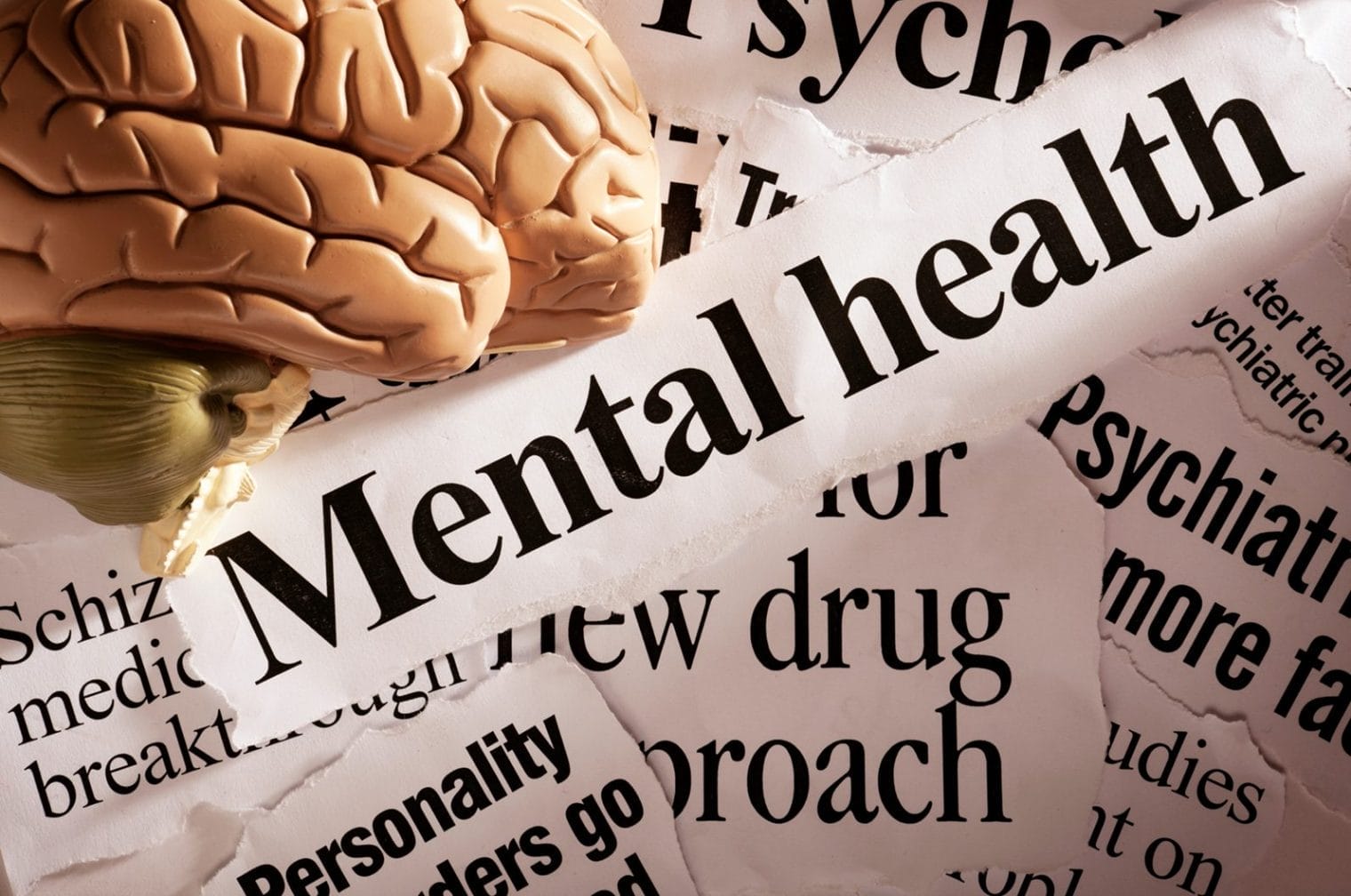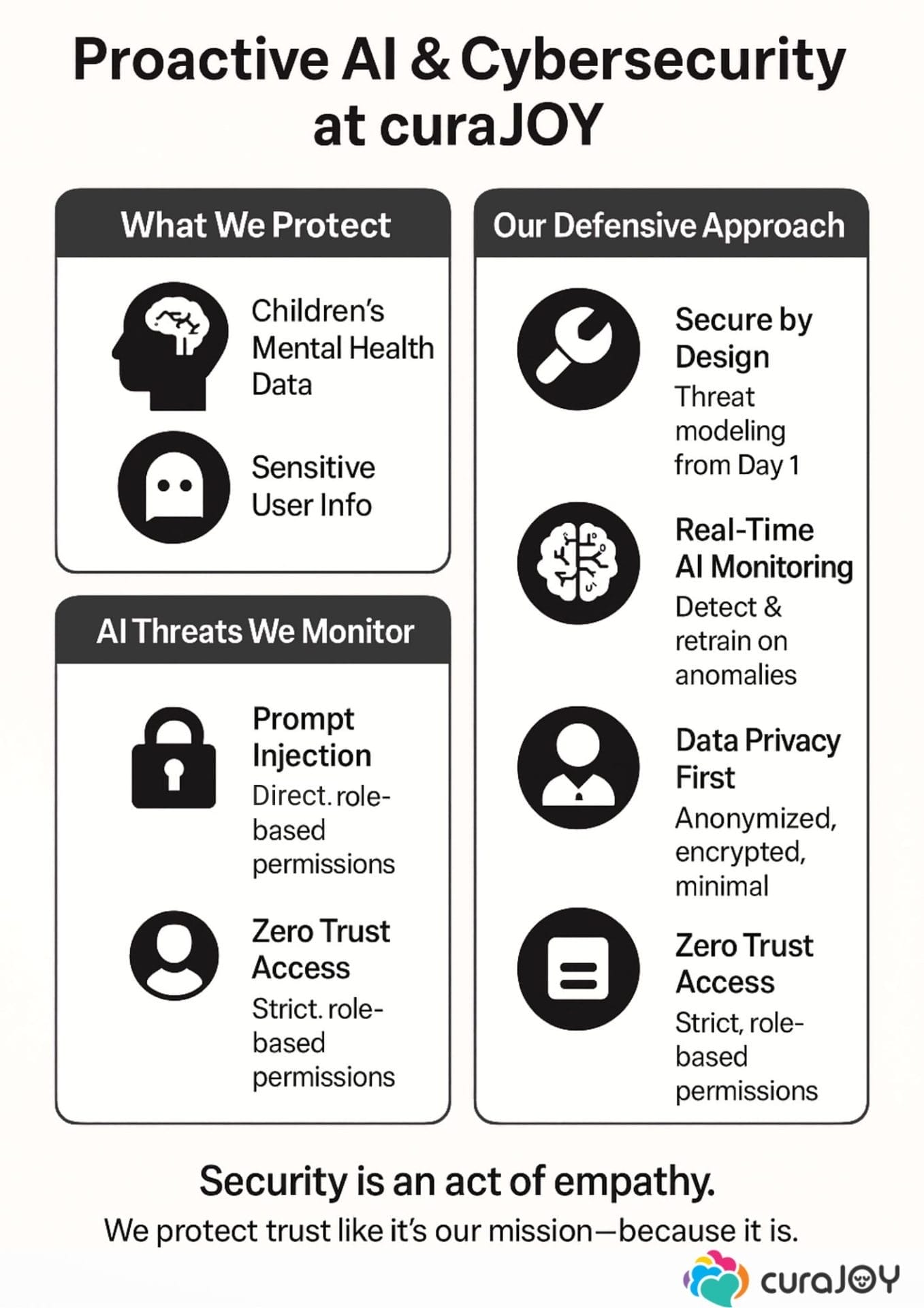Across the country, more and more people are struggling to maintain consistent housing and the mental health support they desperately need. Rates of homelessness and mental illness have risen over the past few years, creating challenges that ripple through every community. Even if you or someone you know hasn’t been directly affected, these issues touch us all.
Let’s start with some statistics:
- A point-in-time count in January 2023 recorded 653,104 people experiencing homelessness in the US. This is a 12.1% increase from 2022.
- Although estimates vary, a meta-analysis found that 76.2% of the unhoused population in high-income countries had a mental disorder, much higher than the average for the general population.
- The main diagnoses affecting the unhoused population include substance use disorders, schizophrenia, and depression
There is a complicated relationship between homelessness and mental illness.
Experiencing homelessness is a traumatic event and can bring on mental health challenges like depression or substance use disorder. Additionally, those experiencing mental illness may have challenges maintaining a stable income and housing, making them more likely to become unhoused at some point. This cyclical relationship makes it extremely difficult to break the cycle of homelessness, creating almost a catch-22: lack of housing perpetuates mental illness and mental illness leads to increased risk of losing housing.
Certain demographics are more at risk for homelessness and mental illness, for example, LGBTQ+ youth make up 40% of the unhoused population but only 10% of the total population.
There are other factors that contribute to both homelessness and mental health issues, such as poverty. The constant stress of making ends meet can lead to diagnoses like depression or increase the likelihood of developing a substance use disorder. Poverty also impacts the ability to access healthcare and mental health services due to barriers related to insurance, transportation, money, and time.
Other factors influencing homelessness and mental illness include childhood trauma, traumatic brain injuries or cognitive impairment, victimization, or substance abuse.
“An ounce of prevention is worth a pound of cure”. This saying applies to many areas, especially the homelessness crisis. Once an individual loses stable housing, it is difficult to re-establish that stability. Some estimates show that an average of 13% of individuals who exit homelessness will return within the next year. What does it say about our services that such a high rate of those who exit homelessness will be back a mere 12 months later?
For those without housing, accessing services like housing and healthcare become more challenging, not only due to logistics like lacking insurance or transportation, but also due to social stigma surrounding homelessness. Mental disorders may be brought on or exacerbated by the constant state of fear, anxiety, and lack of sleep associated with homelessness. Furthermore, unhoused individuals with mental illness are more likely to be victims of crime or assault.
Experts agree that addressing the root causes during prevention and recovery are important for reducing homelessness. This can include providing treatment for past trauma, substance use disorder, medication, and stable housing.
More robust government support, social networks, and access to care are needed to help keep people in stable situations. The US can look to Finland as a model, which has committed to the Housing First model, reducing homelessness by 75% over the past 30 years. They also have mandates that 25% of housing in cities must be affordable, helping to prevent homelessness in the first place. Of course, this is easier said than done. Attitudes in the US towards social support and lack of additional safety nets could make it difficult to implement this model here.
It’s easy to feel overwhelmed by how broken the system is, but even small actions can help contribute to the solution and increase hope.
What can you do?
Take care of yourself by engaging in activities that prevent or address mental or physical health concerns.
Increase or strengthen your social bonds to ensure you and your loved ones have a support network.
Learn more about resources in your area in case you or someone you know needs help with rent or job stability.
Research and support evidence backed solutions to the housing crisis and homelessness epidemic, for example, initiatives like Housing First.
Volunteer or donate to a local organization that helps address homelessness in your community.
Use a lens of compassion, recognizing that many people are dealt situations out of their control and are not at fault for becoming homeless.





Leave a Reply